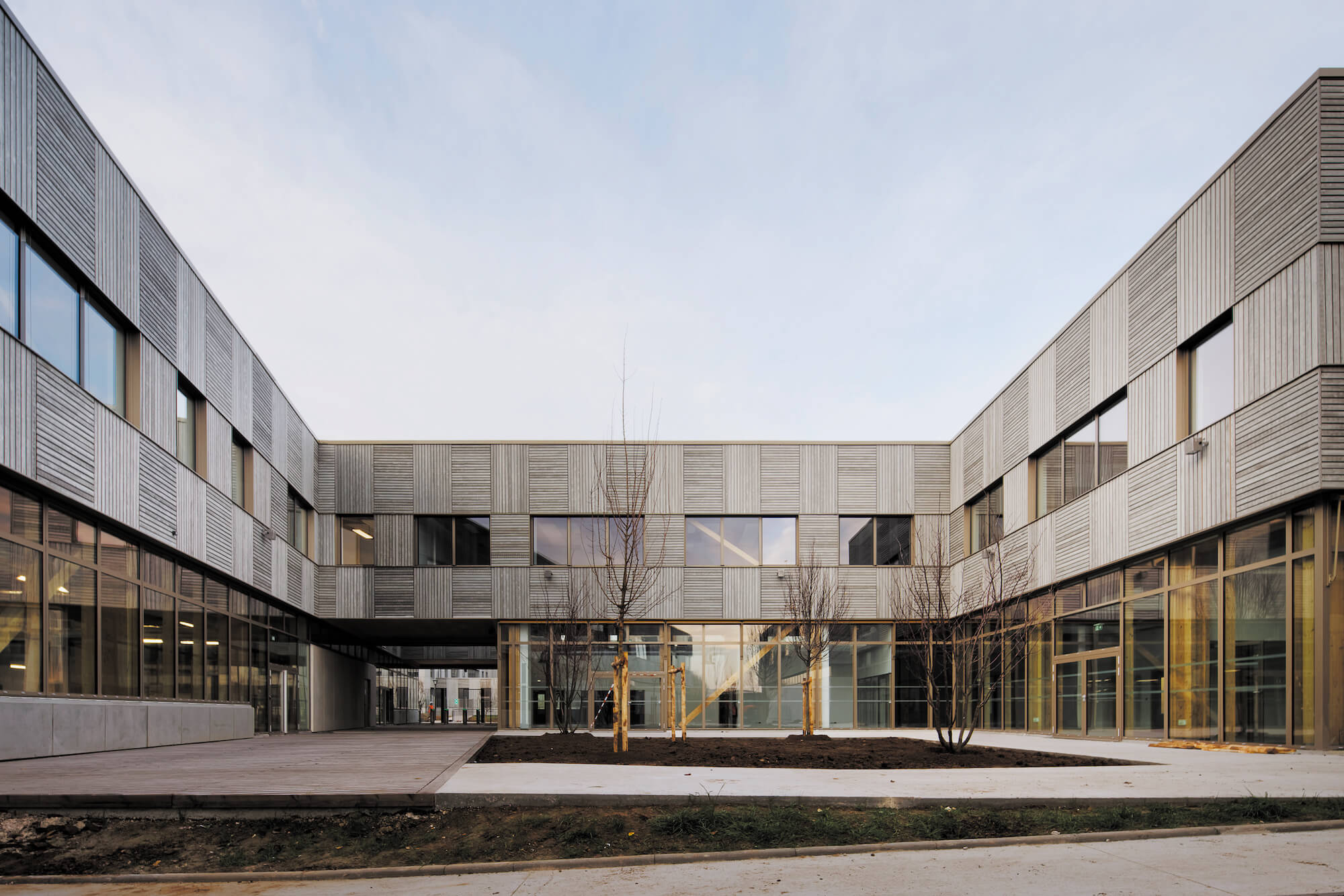Construction Sector: Current Situation and Prospects
Construction Sector: Current Situation and Prospects
The development of the construction sector largely depends on the positive influence of the real estate market. However, the unpredictable turmoil of this market over the past year has forced construction contractors to face numerous challenges.
2023 is considered a challenging year for the construction industry, with many companies having to dissolve, reduce staff, suspend projects, and face prolonged debt due to investors' inability to pay or reluctance to settle debts.
Numerous meetings of the Government, ministries, and sectors have been held to find ways to resolve the market's difficulties, and things have gradually improved in the final months of 2023. With the sector on the path to recovery, will the construction industry truly regain its vitality in 2024?
Short-Term Caution, Long-Term Optimism
Recent government policies encouraging public investment have partially alleviated the difficulties regarding the supply of new jobs for construction companies in the coming years. Although the effectiveness is not yet high, this is a way to maintain operations.

Construction giant Coteccons (CTD) reported that 2023 was a tough year for the industry as the real estate market remained frozen with slow recovery signals in the last three months of the year. Consequently, construction companies were also affected because the two industries are closely linked, leading to a shortage of short-term job opportunities in the civil construction sector.
CTD expects that the second half of 2024 to the first half of 2025 will be a turning point for the real estate industry. The demand for apartments with clear legal titles remains high, so in the commercial real estate sector, investors with clean land and clear legal titles still plan to proceed as usual.
Moreover, FDI is a bright spot for Vietnam with a significant growth in new registrations in 2023. Therefore, construction companies also hope to benefit from building factories for global companies in the future.
"The biggest concern in 2023 is the prolonged market stagnation beyond expectations and the continued low-bid competition among construction companies to win tenders at any cost," a Coteccons representative shared.
Looking Ahead to 2024
For 2024, the Ministry of Construction aims for a growth rate of about 6.5 - 7% for the industry, with a national urbanization rate of approximately 43.7%. The proportion of urban residents with access to clean water from centralized water supply systems is expected to exceed 97%, with an average housing area of over 26.5 square meters per person; cement production is expected to reach about 100 million tons.
Adapting to Market Trends
Many construction companies that previously focused mainly on civil construction now need to "adapt" to market trends and conditions to stay competitive.
Coteccons is no exception, indicating that public investment and infrastructure will be key areas for the company. "Unlike commercial real estate, where the backlog (the value of signed contracts yet to be executed) will steadily increase through projects, in public investment and infrastructure, it’s either a large backlog or nothing," said a CTD representative.
Additionally, social housing is also a sector CTD is researching to implement soon, along with precast (precast concrete) methods. Initial results are expected in 2024.
In 2024, Coteccons will diversify its revenue with key objectives such as using financial solutions for construction projects and technology to reduce operational costs (fintech), transitioning from traditional construction to improved building practices, focusing on research and development to provide technology solutions for construction, and enhancing customer experience (buildtech).
Moreover, CTD will offer construction services for commercial projects using renewable energy (solar energy) to address environmental issues and improve living quality (greentech); invest in new building materials technology, develop social housing projects, M&A, infrastructure, data centers, etc.

Given the current challenges, Coteccons believes that diversifying revenue sources (not business areas) while staying close to the company's core activity (construction) will be a safe strategy. "Diversifying into other sectors goes beyond the company's core capabilities and understanding, leading to higher investment risks," Coteccons concluded.
Digital Transformation in Construction is Essential
According to the Ministry of Construction, the digital transformation plan for the construction industry for the 2020 - 2025 period, with a vision to 2030, is based on the view that digital transformation is crucial. It aims to improve labor productivity, enhance the competitiveness of products, goods, and businesses in the construction sector, increase the effectiveness and efficiency of state management, and improve the quality of public services provided by the Ministry of Construction.
Traditionally, construction companies have used manual methods for collecting, aggregating, and analyzing information and data, leading to massive document storage. Moreover, accessing and sharing this information often requires a lot of time. For construction companies managing multiple projects simultaneously, this issue is particularly challenging.
Coteccons believes that digital transformation has been an essential need for many years due to the nature of the industry, which involves constantly moving receivables and payables. A specialized system for assessing and managing revenues and expenses is necessary for accurate decision-making.
Additionally, digitization helps increase transparency in bidding processes, which is a mandatory requirement. Coteccons is implementing the second phase of its ERP (Enterprise Resource Planning) system. The goal is transparency, and once completed, subcontractors and suppliers will directly participate in this system according to the established process.
Greening the Construction Industry
According to the Ministry of Planning and Investment, business models focusing on green economy, circular economy, high technology application, carbon reduction, environmental protection, and climate change mitigation contribute positively to achieving sustainable development goals and the Government’s Net Zero carbon commitment by 2050. These new economic sectors create new value and growth drivers.
Moreover, given the impacts of climate change and environmental degradation, and the depletion of natural resources, gradually "greening" production, green factories, green technology, clean materials, and green energy is becoming an inevitable trend and a competitive advantage for businesses, including the construction industry.
"ESG is a trend but also a challenging issue for the construction industry in Vietnam and globally. Due to the industry's characteristics, a general contractor cannot work alone but needs the cooperation of subcontractors and suppliers. If construction companies do not adapt to global trends, they will be excluded from the global market," CTD stated.
ESG in Industrial Parks is a Journey
Currently, in its supply chain strategy, Coteccons is drafting a green procurement policy to ensure that partners who wish to collaborate with the company long-term must have clear commitments to carbon reduction efforts.
Regarding the current labor resource situation, CTD noted that the shortage of skilled labor is not just a current issue but a future challenge for the construction industry.
"In the future, as FDI factories in Vietnam, such as Lego and Pandora (2024 - 2025), begin operations, they will attract a large labor force into the manufacturing sector, leading workers to shift from construction to companies offering better benefits and a more professional working environment," CTD added.
Largest Danish $1 Billion Project in Vietnam Commences
According to the Ministry of Construction's report, the construction industry's GDP in 2023 is estimated to reach 7.3 - 7.5%. The national urbanization rate is 53.9%. The proportion of urban residents with access to clean water from centralized systems is around 96%. The average housing area nationwide is 26 square meters per person. The rate of administrative procedure processing completed on the National Public Service Portal is 100%.
